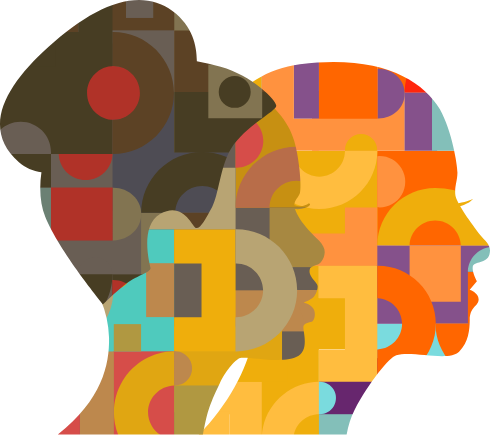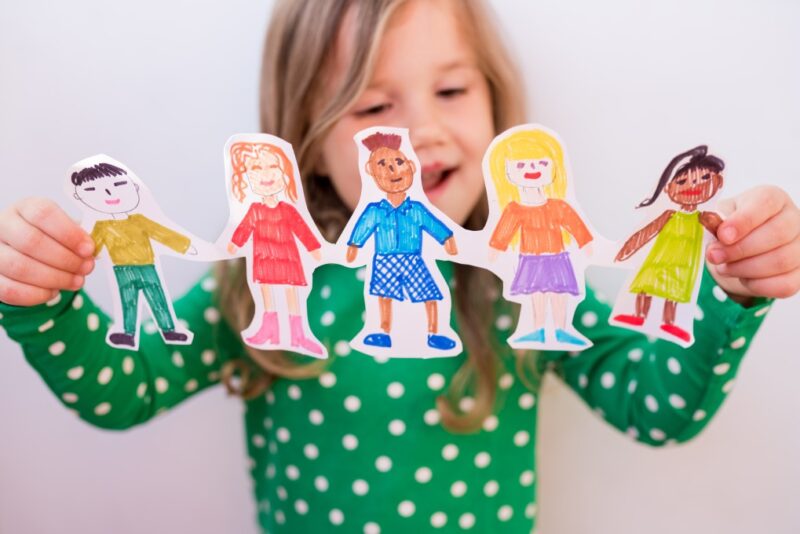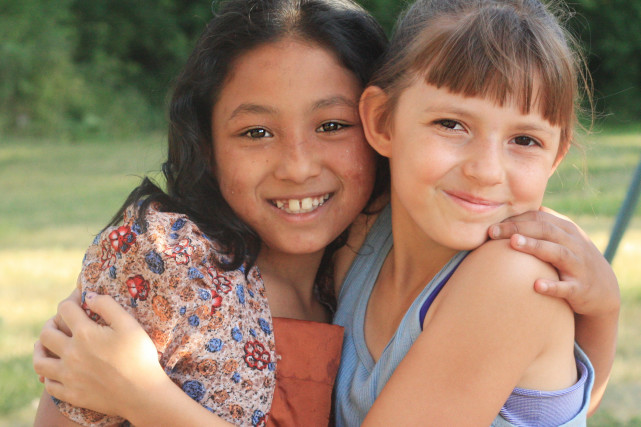
BIPOC Mental Health Trends and Disparities
Even though mental health experiences are unique to each person, there are a few trends within the BIPOC community that highlight similar disparities and barriers throughout each ethnic group. Read more >>
Request an Appointment
English: 650.688.3625
Medi-Cal: 650.688.3650

BIPOC Mental Health Trends and Disparities
Even though mental health experiences are unique to each person, there are a few trends within the BIPOC community that highlight similar disparities and barriers throughout each ethnic group. Read more >>

For many students with differing abilities, assistive technology provides a bridge to overcome barriers to participation and progress in school. Read more >>

Youth, Disclosure, and the Workplace Why, When, What, and How
Every job seeker with a disability is faced with the same decision: “Should I or shouldn’t I disclose my disability?” This decision may be framed differently depending upon whether you have a visible disability or a non-visible disability. Ultimately, the Read more >>

Disability Disclosure and the Americans with Disabilities Act (ADA)
Deciding if, when, and how to share disability-related information with a prospective or current employer can be overwhelming. The decision-making process requires answering a number of personal questions that may be different with each employment experience. Read more >>

Free Guidance on Job Accommodations and Disability Employment Issues [web resource]
Serving customers across the United States and around the world for more than 35 years, the Job Accommodation Network (JAN) is the leading source of free, expert, and confidential guidance on job accommodations and disability employment issues. Read more >>

Students with Disabilities Preparing for Postsecondary Education
More and more high school students with disabilities are planning to continue their education in postsecondary schools, including vocational and career schools, two- and four- year colleges, and universities. As a student with a disability, you need to be well Read more >>

First of Its Kind Survey Depicts the State of Mental Health for Youth of Color in the U.S
In a first-of-its-kind national survey that focuses on the mental health of Youth of Color, the AAKOMA Project‘s State of Mental Health for Youth of Color (SOMHYOC) surveyed almost 3,000 young people of color ages 13 to 25 to study Read more >>

5 Ways to Teach Kids How to Celebrate Differences
Children are curious and often have questions when they encounter people that are different from them, whether it be race, age, ability, religion, disability, gender, sexual orientation or appearance, just to name a few. But while their questions can be Read more >>

Why & How to Talk to Young Kids About Race
Contrary to the common belief that young children “don’t see race,” a mountain of research evidence confirms that racial awareness starts early. We know that within a few months of birth, babies prefer own-race faces, and that by roughly age Read more >>

How to Talk to Kids About Race and Cultural Diversity
Here’s the beautiful thing about kids—most are born with a natural sense of justice and fairness. Unless they are taught to be hurtful and cruel, most children know that it is wrong to attack others either physically or with words. Read more >>
English: 650.326.5530 | Español: 650.688.3650 | Fax: 650.688.3669
English: 650.326.5530
Español: 650.688.3650
Fax: 650.688.3669
English: 650.668.3625 | Español: 650.688.3650 | careteam@stage.chconline.org
English: 650.668.3625
Español: 650.688.3650
careteam@stage.chconline.org
© 2024 Children’s Health Council. All rights reserved.
CHC Palo Alto: 650 Clark Way, Palo Alto, CA 94304 | 650.326.5530
CHC South Bay: 2280 Kenwood Avenue, San Jose, CA 95128 | 408.831.7512
CHC Ravenswood: 1765 E Bayshore Rd, East Palo Alto, CA 94303 | 650.702.2487
CHC Palo Alto:
650 Clark Way, Palo Alto, CA 94304
650.326.5530
CHC South Bay:
2280 Kenwood Avenue, San Jose, CA 95128
408.831.7512
CHC Ravenswood:
1765 E Bayshore Rd, East Palo Alto, CA 94303
650.702.2487